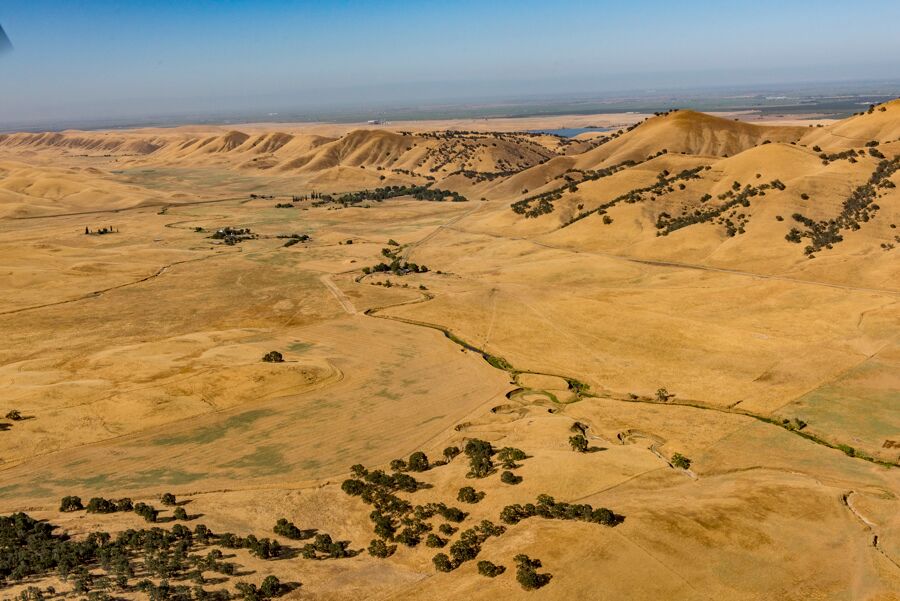By David Guy
This week marked the beginning of a pivotal series of public hearings conducted by the State Water Resources Control Board’s Administrative Hearings Office regarding the Sites Reservoir Project. These hearings are crucial for the State Water Board to approve the Sites Project Authority’s petition for water rights and the construction of a new reservoir west of Maxwell. The project proposes diverting up to 1.5 million acre-feet of water annually from the Sacramento River and its tributaries, which would be stored in the planned Sites Reservoir. This water would serve various purposes, including agricultural use, municipal supply, and environmental protection across Northern and Southern California. The hearings, which will continue through October, provide a forum for the Sites Project Authority and others to present evidence and share their perspectives on water availability and this significant water infrastructure project.
View the full Notice of Public Hearing from State Water Resources Control Board here.
Exciting Updates on the Sites Reservoir Project
In case you missed it, our blog post from earlier this summer highlighted several exciting developments for the Sites Reservoir Project. Chair Fritz Durst of the Sites Project Authority Board shared three major updates: securing an additional $67.5 million in federal funding, a favorable court ruling on a CEQA lawsuit, and real-time analysis showing the reservoir’s potential to reach full capacity after the wet season. These milestones demonstrate the growing momentum behind the project and its vital role in ensuring water reliability for California. For more details, you can read the full blog post here.
NCWA Policy Statement
NCWA this week presented a policy statement to the State Water Resources Control Board expressing widespread and deep support from the people living, working, and playing in every corner of Northern California. This support comes from a basic understanding that we need to more creatively manage our precious water resources to serve cities and rural communities (many of which are disadvantaged), our farms and ranches, fish and wildlife, and recreation. You can read our full policy statement here.
For more information, see the Sites Authority website.






California’s Salmon season has been shut down for 2 years in a row. Fishers are facing bankruptcy. Taking another 1.5 million acre feet of water from the over-drafted Sacramento River has dire consequences. With Chinook Salmon teetering on EXTINCTION, Sites and the Delta Tunnel will finish them off. Too bad California and the Feds can’t manage California’s water resources without destroying our salmon rivers and streams.